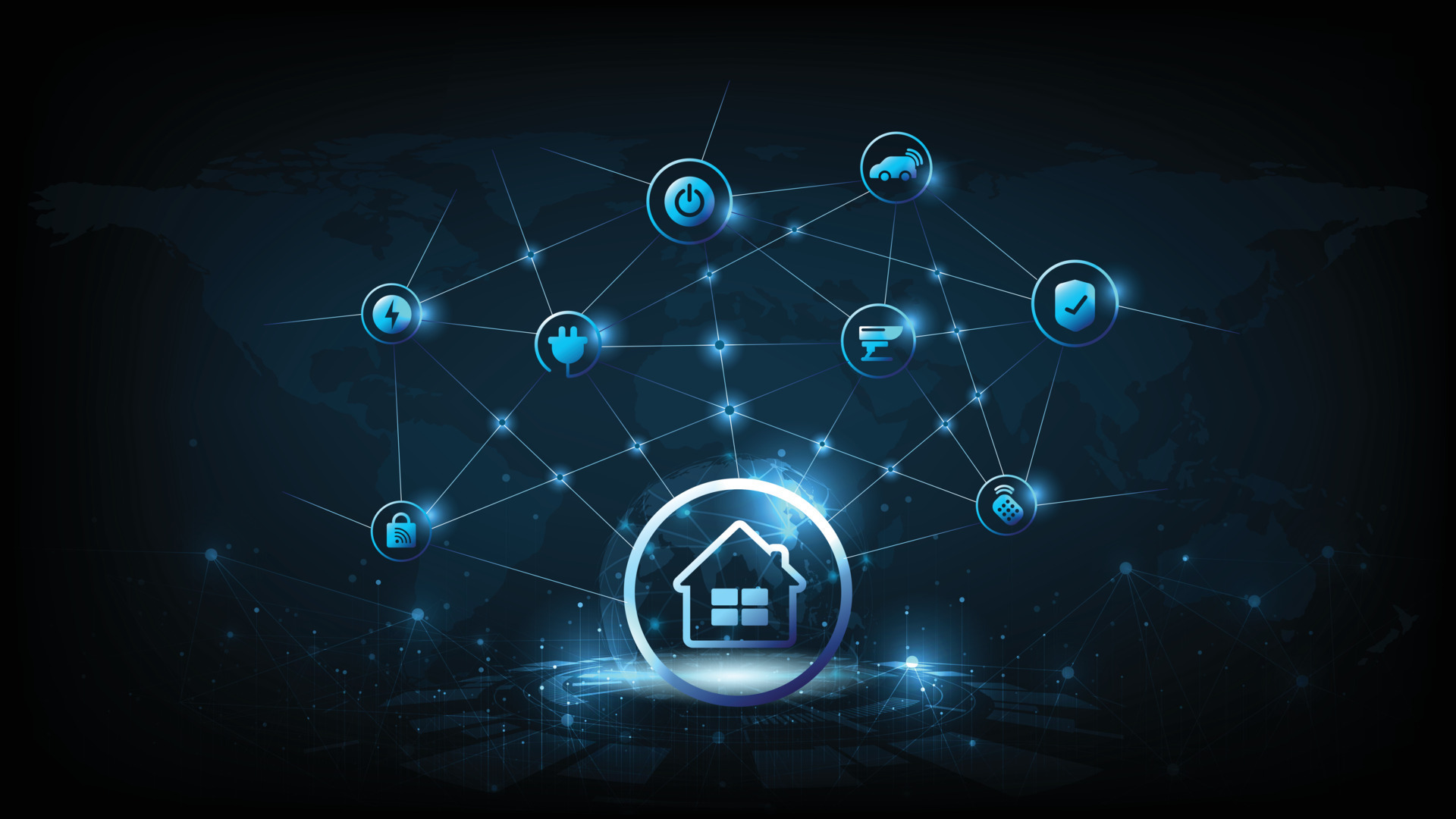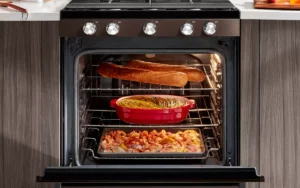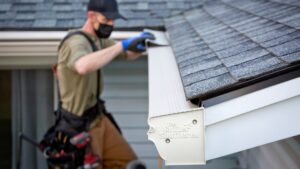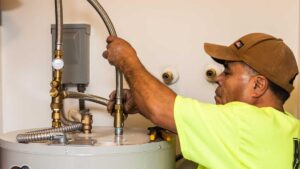In today’s fast-paced world, maximizing the efficiency of your home appliances can save you time, money, and energy. By adopting smart practices and technologies, you can ensure your appliances perform optimally while reducing your environmental footprint. Here are some practical tips to help you get the most out of your home appliances.
1. Upgrade to Energy-Efficient Models
One of the most effective ways to improve appliance efficiency is by investing in energy-efficient models. Look for appliances with the ENERGY STAR label, which signifies that they meet strict energy efficiency guidelines set by the U.S. Environmental Protection Agency.
- Refrigerators: Modern energy-efficient refrigerators use up to 40% less energy than conventional models. Consider features like adjustable thermostats and automatic moisture control for better efficiency.
- Dishwashers: ENERGY STAR dishwashers are designed to use less water and energy while still delivering a thorough clean. Opt for models with soil sensors that adjust water usage based on the load’s dirtiness.
- Washing Machines: High-efficiency (HE) washers use significantly less water and energy. Front-loading models are typically more efficient than top-loading ones.
2. Regular Maintenance and Cleaning
Keeping your appliances in good condition through regular maintenance and cleaning can extend their lifespan and improve their efficiency.
- Refrigerator Coils: Clean the coils on the back or underneath your refrigerator at least twice a year. Dust and dirt buildup can make the compressor work harder, increasing energy consumption.
- Dishwasher Filters: Clean the filter regularly to prevent clogs and ensure optimal performance. Check and clean the spray arms to remove any debris that could block the water flow.
- Washing Machine Drum and Door Seals: Clean the drum and door seals to prevent mold and mildew buildup. Run an empty hot water cycle with vinegar or a washing machine cleaner to remove residues.
3. Optimize Appliance Usage
Small changes in how you use your appliances can lead to significant energy savings.
- Refrigerator Organization: Keep your refrigerator organized to reduce the amount of time the door is open. This minimizes the loss of cold air and reduces the workload on the compressor.
- Dishwasher Loading: Load your dishwasher efficiently, placing larger items on the bottom rack and smaller items on the top. Run the dishwasher only when it’s full to maximize water and energy use.
- Laundry Practices: Wash clothes in cold water whenever possible, as heating water accounts for a significant portion of energy usage. Dry full loads in the dryer, but avoid overloading it, which can reduce efficiency.
4. Utilize Smart Technology
Smart appliances and devices offer advanced features that can enhance efficiency and convenience.
- Smart Thermostats: Install a smart thermostat to optimize your heating and cooling systems. These devices learn your schedule and adjust temperatures automatically, reducing energy waste.
- Smart Plugs and Power Strips: Use smart plugs and power strips to control the energy usage of your appliances. You can turn devices on and off remotely and set schedules to avoid standby power consumption.
- Home Energy Monitors: Invest in a home energy monitor to track your energy usage in real-time. This can help you identify which appliances are consuming the most energy and make informed decisions about usage.
5. Be Mindful of Seasonal Changes
Adjusting appliance usage based on seasonal changes can further enhance efficiency.
- Refrigerator Settings: Lower the refrigerator temperature slightly in winter to reduce energy consumption, as the appliance won’t have to work as hard to maintain cool temperatures.
- HVAC System: Regularly service your heating and cooling systems to ensure they are running efficiently. Replace air filters every 1-3 months to maintain airflow and efficiency.
- Water Heater: Lower the water heater temperature to 120°F (49°C) to save energy. Insulate the water heater and pipes to retain heat and reduce the workload on the heater.
6. Embrace Energy-Saving Habits
Adopting energy-saving habits can make a big difference in your overall energy consumption.
- Unplug Devices: Unplug appliances and electronics when not in use to avoid phantom energy consumption. Use power strips to make this process easier.
- Use Appliances During Off-Peak Hours: Run appliances like the dishwasher and washing machine during off-peak hours when energy demand is lower. This can reduce strain on the grid and potentially lower your energy costs.
- Dry Clothes Naturally: Whenever possible, hang clothes to dry instead of using the dryer. This not only saves energy but also extends the lifespan of your clothing.
7. Stay Informed and Educated
Keeping up with the latest advancements in appliance technology and energy efficiency can help you make informed decisions.
- Research New Products: Before purchasing new appliances, research the latest models and their energy efficiency ratings. Read reviews and compare features to find the best options for your needs.
- Stay Updated on Rebates and Incentives: Many utility companies and government programs offer rebates and incentives for purchasing energy-efficient appliances. Stay informed about these opportunities to save money.
By following these tips, you can maximize the efficiency of your home appliances, save on energy costs, and contribute to a more sustainable environment. Embrace the role of a smart, informed homeowner and enjoy the benefits of a more efficient and eco-friendly home.









